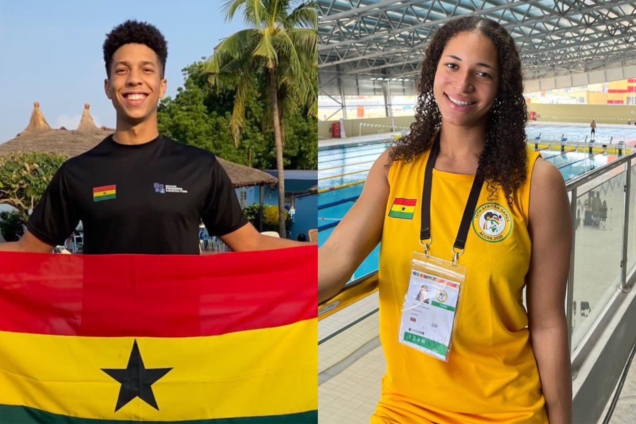The Director of Sales and Marketing of the Graphic Communications Group Limited (GCGL), Franklin Sowa, is hopeful that the upcoming Graphic National Development Series (GNDS) in Kumasi will provide solutions that can help the country turn its economic fortunes around.
For him, the country could turn around its economic fortunes if it paid more attention to the agricultural sector through investments.
At the Lancaster Hotel, Kumasi, tomorrow, the GCGL will hold a high-level agricultural dialogue which will be chaired by the Asantehene, Otumfuo Osei Tutu II, to find solutions to the country’s agricultural challenges.
Innovative Dialogue
The dialogue, which is the first edition of the GNDS, a new initiative by the company to celebrate the country’s independence, is aimed at finding workable solutions from the best brains in the agricultural sector.
To be held on the theme: “Transforming Ghana’s agriculture using home-grown solutions for food security”, the dialogue is expected to bring together agricultural value-chain actors, including farmer associations, input dealers, marketers, policy makers, development partners, financial institutions and distribution agents.
The programme is expected to assemble speakers, including Professor Godfrey Nzamujo, who is the Director of the Organic Farm Centre, Songhai.
Other speakers penciled for the event are Dr Michael Abu Sakara, an agronomist and former presidential candidate of the Convention People’s Party (CPP), and Abraham Dwuma Odoom, a chief agricultural policy advisor and former Member of Parliament for Twifo-Atti-Morkwa in the Central Region.
Explaining why the GCGL chose agriculture for the first edition of the series, Mr Sowa said the sector was chosen considering its key contribution to the economy.
He explained that if the country was able to fix the agricultural sector, it would help solve many of its most burdensome socio-economic problems, including food security and nutrition.
“Agric is one of the pillars which, when we focus on and get the right number of interventions, can address our problems and make our lives better,” he noted, adding that the dialogue would stimulate national interest in the sector.
He expressed the hope that in spite of the challenges confronting the agricultural sector, the country still had what it took to make the sector profitable and a key contributor to the economy.
He was of the view that the country only needed the right type of solutions to turn the agricultural sector around.
He expressed the conviction that just encouraging backyard farming in the country could help address the food security challenges in the country.
“Let us reset, look at agriculture critically and start fixing it and, suddenly, it will create employment for people, our taxes will get better and the money can be used to do other things,” he observed.
Mr Sowa said fixing the country’s agricultural sector alone would help promote good and healthy living, as people would consume quality food.
“If people are healthy, your expenditure on medical equipment and drugs and all those things can be reduced at the end of the day,” he remarked, adding: “If you have a population that is unhealthy, your productivity as a nation will significantly be impacted. So agriculture is the pivot around which the entire nation can revolve,” he said.
Touching on the resource persons selected for the event, the GCGL Marketing Director noted that “these are people well-versed” in the agricultural sector, with different sets of expertise and demonstrable track records.
For him, the calibre of speakers assembled for the event would help bring out the most pertinent issues that the country needed to adopt to address the challenges in the agricultural sector.
Mr Sowa said, for instance, that Professor Nzamujo, the main speaker for the event, had experience in all aspects of the agricultural sector.
The GCGL, as part of its strategy to be more impactful as a business, has, in recent years, led a number of dialogue initiatives to drive awareness of and education on issues of national importance.
That the leading media group sees as its commitment to provide accurate communication of the policies of successive governments.
Again, it sees its role of providing adequate information as a way of being responsible to Ghanaians and has thus been consistent in rolling out initiatives on the dialogue series.
For instance, in 2021, it initiated the National Sanitation Campaign, which saw the Daily Graphic organise a year-long dialogue series and campaign to engage regions, communities, chiefs, opinion leaders and schools on best sanitation practices.
SOURCE: Grahiconline








